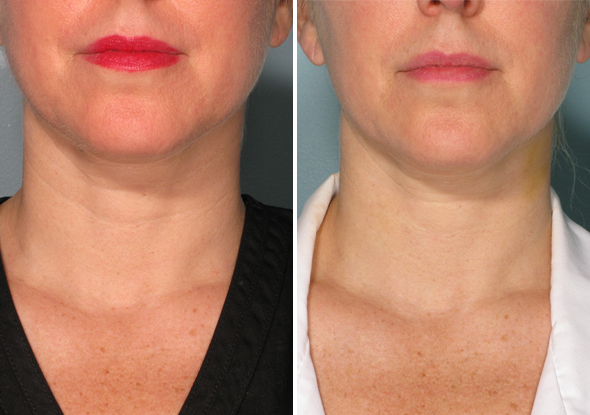Chest pain can be frightening and uncomfortable to experience, especially when it keeps recurring. While it’s important to see your doctor to determine the underlying cause, there are also some practical lifestyle tips you can try that may help reduce the frequency or severity of chest pain episodes. Here are a few suggestions to discuss with your healthcare provider.
Contents
Stress Management
High levels of stress are a common trigger for chest pain in many people. While stress is difficult to avoid completely, practicing stress management techniques on a regular basis can help take the edge off. Meditation, deep breathing exercises, yoga, and spending time relaxing with hobbies you enjoy are all great options. Getting enough sleep, avoiding unnecessary stressors when possible, and learning to say “no” are also important for stress management.
Dietary Changes
Certain foods are known to exacerbate chest pain for some individuals. Common culprits include caffeine, alcohol, spicy foods, and fatty or fried foods. Keeping a food diary can help identify your personal triggers. Consider the Mediterranean diet, which emphasizes whole grains, fruits and vegetables, lean proteins, and healthy fats. This eating pattern has anti-inflammatory benefits that may reduce chest pain. Staying hydrated is also important.
Medication Management
If you take medications like NSAIDs or blood pressure medications, discuss your dosage and timing with your doctor. These can sometimes cause or worsen chest pain as a side effect. Your doctor may recommend an alternative or adjust your dosage. Medications that reduce acid reflux like proton pump inhibitors, may help if gastroesophageal reflux disease (GERD) is contributing to your chest pain. Ranexa can help reduce angina episodes for those with chronic angina. If it’s hard to afford Ranexa prescription, you can find and use Ranexa coupon.
Physical Activity
While extreme exercise can potentially trigger chest pain, regular moderate physical activity has benefits. Aim for at least 30 minutes per day of activities like walking, yoga, swimming or stationary cycling. This can help relieve stress and improve cardiovascular health over time. Listen to your body, and don’t overexert yourself if chest pain occurs. Gentle movement is generally better tolerated than high-intensity workouts if you have recurring chest pain.
Quit Smoking
Smoking is a major risk factor for heart disease and can definitely worsen chest pain. If you smoke, quitting should be a top priority for your health. Talk to your doctor about nicotine replacement therapies and medications that can help you quit for good. Secondhand smoke should also be avoided.
When to Seek Medical Attention
While lifestyle changes may help reduce chest pain episodes, it’s important to see your doctor if:
- Chest pain occurs at rest or with minimal exertion
- Chest pain lasts more than 15 minutes
- Chest pain is accompanied by shortness of breath, dizziness, nausea, or sweating
- Chest pain occurs along with jaw, neck, or arm pain
- Chest pain worsens or feels different than usual
Recurring chest pain deserves a medical evaluation to identify any underlying conditions and rule out serious causes. Don’t ignore new symptoms or changes in your usual pattern of chest pain. With lifestyle modifications and medical guidance as needed, you can gain more control over your chest pain over time.

Carl Clay is a health blog author who has been writing about nutrition, fitness and healthy living for over 10 years. He also loves to run, hike and bike with her wife.













